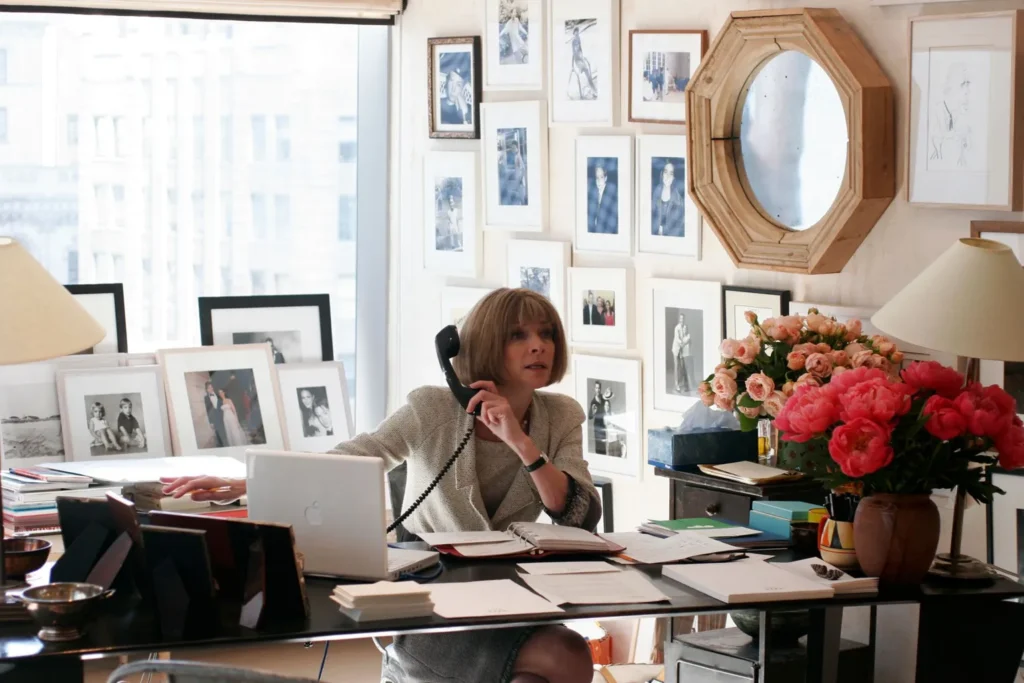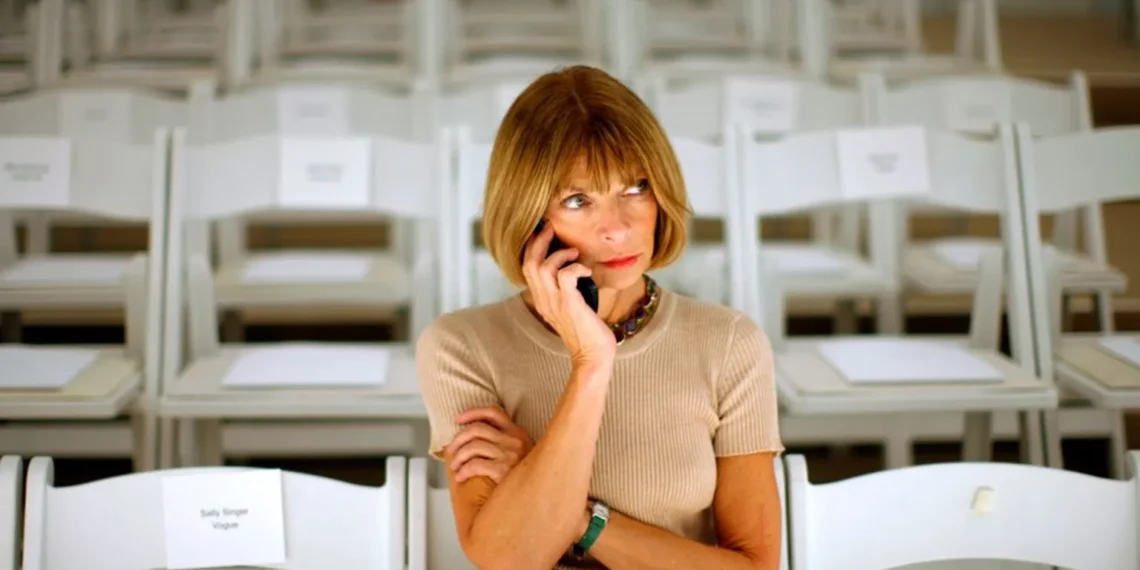In May 1989, just a year after becoming editor-in-chief of US Vogue, Dame Anna Wintour made a move that would define her reign: she put Madonna on the cover. It was bold, disruptive, and unmistakably Anna. The year before, she had already raised eyebrows by putting a model in jeans on the front page.
“Putting Madonna on the cover was even edgier,” says Amy Odell, author of Anna: The Biography. “It showed Anna’s instinct for the cultural moment.”
Marian Kwei, a stylist and Vogue contributor, agrees. “She made Vogue contemporary and accessible. Before Anna, it was for women who bought couture. She understood that the kids listening to Madonna also mattered.”
Nearly 40 years later, Dame Anna is loosening her grip—though not entirely. She’s stepping down as editor-in-chief, while remaining global editorial director. Taking over day-to-day leadership is Chloe Malle, 39, Vogue’s new head of editorial content.
Some see Wintour’s continued presence as reluctance to let go. Others see it as recognition that without her, Vogue—a print magazine in a digital age—might risk losing its last shred of authority.
From Dictating Taste to Competing for Attention
Once upon a time, magazines like Vogue didn’t just cover fashion—they ruled it. They set the rules, dictated taste, and spoke with unmatched authority.
That power has waned. “There’s no single magazine that defines culture the way Vogue once did,” says Anja Aronowsky Cronberg, founder of Vestoj. She recalls growing up in Sweden, seeing Vogue as “the glamorous world out there,” but she stopped reading it 25 years ago.
In today’s fast-moving digital world, where TikTok and Instagram shape trends by the minute, a monthly glossy struggles to keep up.
Recognising this, Malle is reportedly planning to shift away from the traditional monthly cycle, focusing instead on themed issues tied to cultural moments. She wants the print edition to feel like something to “collect and cherish,” rather than a disposable update.

Expanding the Vogue Universe
Anna Wintour’s genius lay in expanding Vogue’s reach beyond fashion models. She put pop stars, athletes, writers, royals, and even politicians on the cover.
“She bridged fashion and entertainment,” says Odell.
Sometimes, it sparked backlash. When Kim Kardashian and Kanye West appeared on the cover in 2014, it caused uproar. “Nobody wanted to dress her because she was a reality star,” recalls Kwei. Yet today, the Kardashians are cultural titans—proof of Wintour’s ability not just to predict culture, but to shape it.
Still, not all her choices resonated. Featuring Lauren Sanchez, now married to Jeff Bezos, drew criticism as pandering to wealth rather than style. Interestingly, Malle was the one who orchestrated that story.
And while Wintour has spotlighted Democratic figures like Hillary Clinton, Michelle Obama, and Kamala Harris, the lingering question of whether Melania Trump will ever appear on the cover remains a cultural flashpoint.
The Power—and Problem—of Anna Wintour
Vogue’s global prestige is inseparable from Wintour herself. With her trademark bob, dark sunglasses, and aura of mystery, she became as iconic as the magazine she ran.
“She’s managed to stay relevant simply by being synonymous with culture and fashion,” says Kwei.
Not everyone has been impressed—critics argue she was slow to diversify Vogue’s pages—but her celebrity status is undeniable. “What other editor has had a bestselling book and a Hollywood movie inspired by them?” asks Odell, referring to The Devil Wears Prada.
For Cronberg, “Anna is a brand in and of herself.”
What Comes Next?
As Chloe Malle steps into her new role, all eyes will be on whether Vogue’s influence was the magazine’s—or Wintour’s.
“The big question is how much of Vogue’s relevance came from Anna herself,” says Odell.
Lauren Sherman, the journalist who broke news of Malle’s appointment, believes the brand still carries enormous weight: “Vogue stands apart as one of the most important fashion names in the world.”
But prestige alone won’t guarantee survival. “It’ll be up to Chloe and her team to use it wisely—to shape culture, not just reflect it,” says Sherman.
For nearly four decades, Vogue’s authority was Anna Wintour. Now, the fashion world waits to see if it can exist without her at the helm.
















